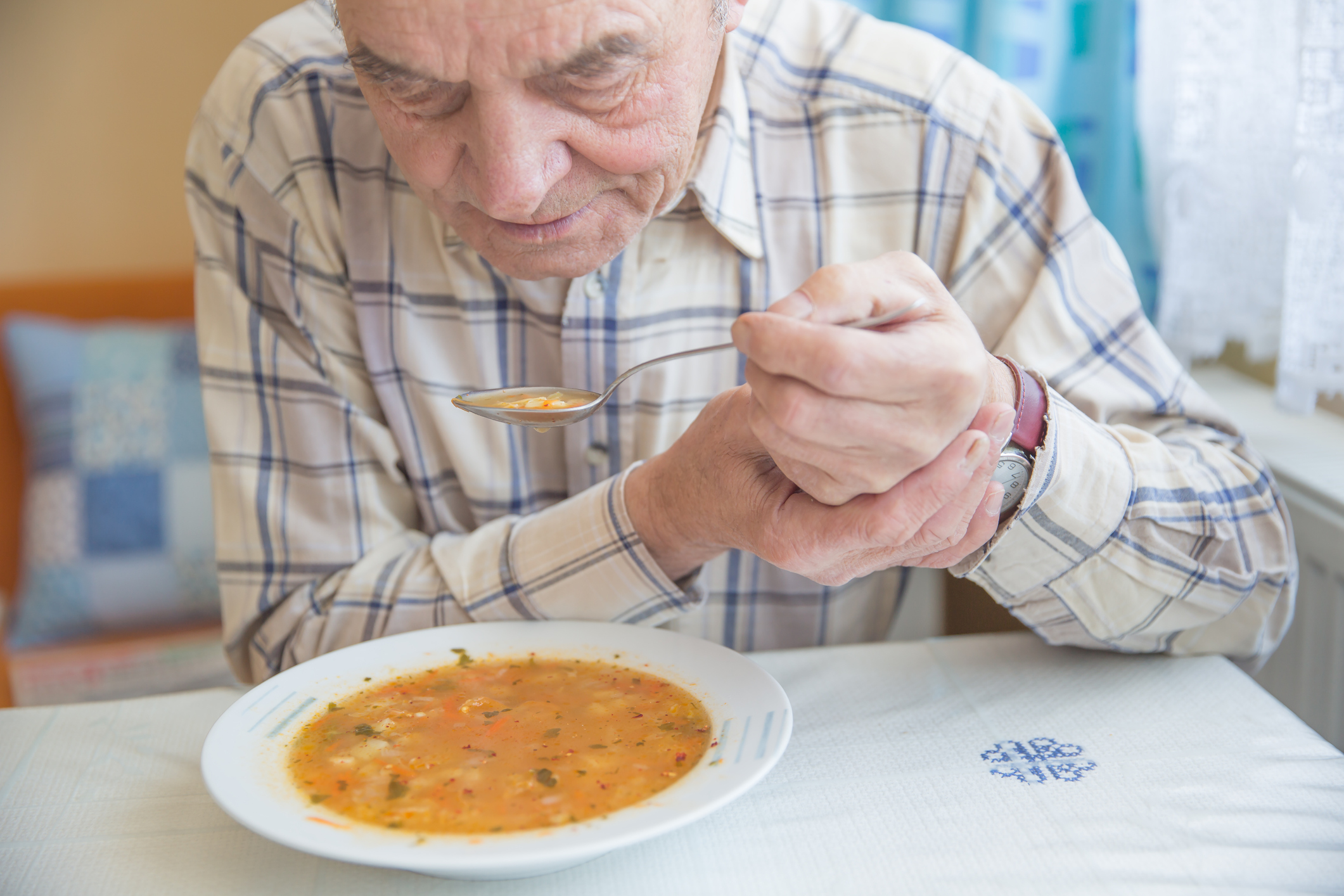
Diet can play a supportive role in managing Parkinson’s disease symptoms and overall health. While there is no specific diet that can cure Parkinson’s disease, the following dietary recommendations may be beneficial:
- Balanced diet: Aim for a well-balanced diet that includes a variety of fruits, vegetables, whole grains, lean proteins, and healthy fats. This can provide essential nutrients and support overall health.
- Antioxidant-rich foods: Incorporate foods high in antioxidants, such as berries, leafy greens, cruciferous vegetables (broccoli, cauliflower, Brussels sprouts), and colorful fruits and vegetables. Antioxidants can help combat oxidative stress, which is believed to contribute to the progression of Parkinson’s disease.
- Omega-3 fatty acids: Include sources of omega-3 fatty acids in your diet, such as fatty fish (salmon, mackerel, sardines), walnuts, flaxseeds, and chia seeds. Omega-3 fatty acids have anti-inflammatory properties and may have neuroprotective effects.
- Protein distribution: Consider spreading protein intake evenly throughout the day rather than consuming a large amount in a single meal. Some individuals with Parkinson’s disease may experience improved medication effectiveness and reduced motor fluctuations with this approach.
- Adequate hydration: Ensure you are staying adequately hydrated by drinking enough water throughout the day. Dehydration can worsen symptoms and impact overall well-being.
- Medication timing: If you are taking medications for Parkinson’s disease, consult with your healthcare provider regarding the optimal timing of medication intake in relation to meals. Certain foods, particularly high-protein foods, can interfere with the absorption of levodopa, a commonly prescribed medication for Parkinson’s disease.
- Fiber-rich foods: Include fiber-rich foods in your diet, such as whole grains, legumes, fruits, and vegetables. Adequate fiber intake can help regulate digestion and prevent constipation, which is a common issue in Parkinson’s disease.
- Vitamin D: Consider getting your vitamin D levels checked, as deficiencies in vitamin D have been associated with Parkinson’s disease. If necessary, discuss with your healthcare provider about supplementation or increasing sun exposure to maintain adequate vitamin D levels.
- Avoid excessive saturated fats and processed foods: Limit your consumption of saturated fats found in fatty meats, full-fat dairy products, and fried foods. Minimize intake of processed and packaged foods, as they often contain unhealthy additives and preservatives.
- Individualized approach: It’s important to remember that dietary needs and tolerances can vary among individuals. Work with a registered dietitian or healthcare provider experienced in Parkinson’s disease to develop an individualized nutrition plan that takes into account your specific needs, medication regimen, and any other medical conditions you may have.
Remember, while diet can be supportive, it is not a substitute for medical treatment. It’s crucial to work closely with your healthcare team to develop a comprehensive approach to managing Parkinson’s disease.
See More on Video

The Parkinson’s Protocol™ By Jodi Knapp a natural program to treat Parkinson’s disease is provided online. it includes 12 easy steps to repair your body and reduce the symptoms of this disease. The creator of this program has divided into four segments to cover a complete plan to treat this disease along with improving your health and life by knowing everything about this health problem.